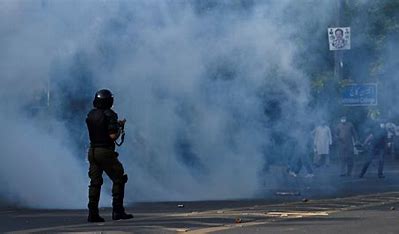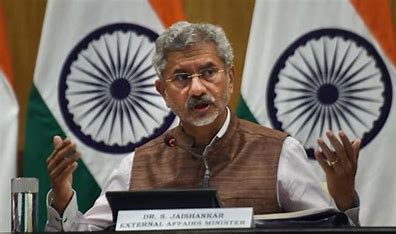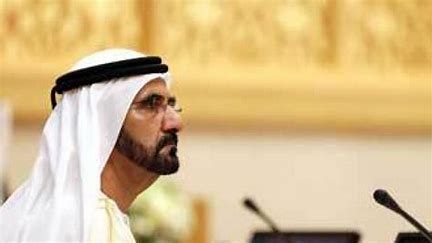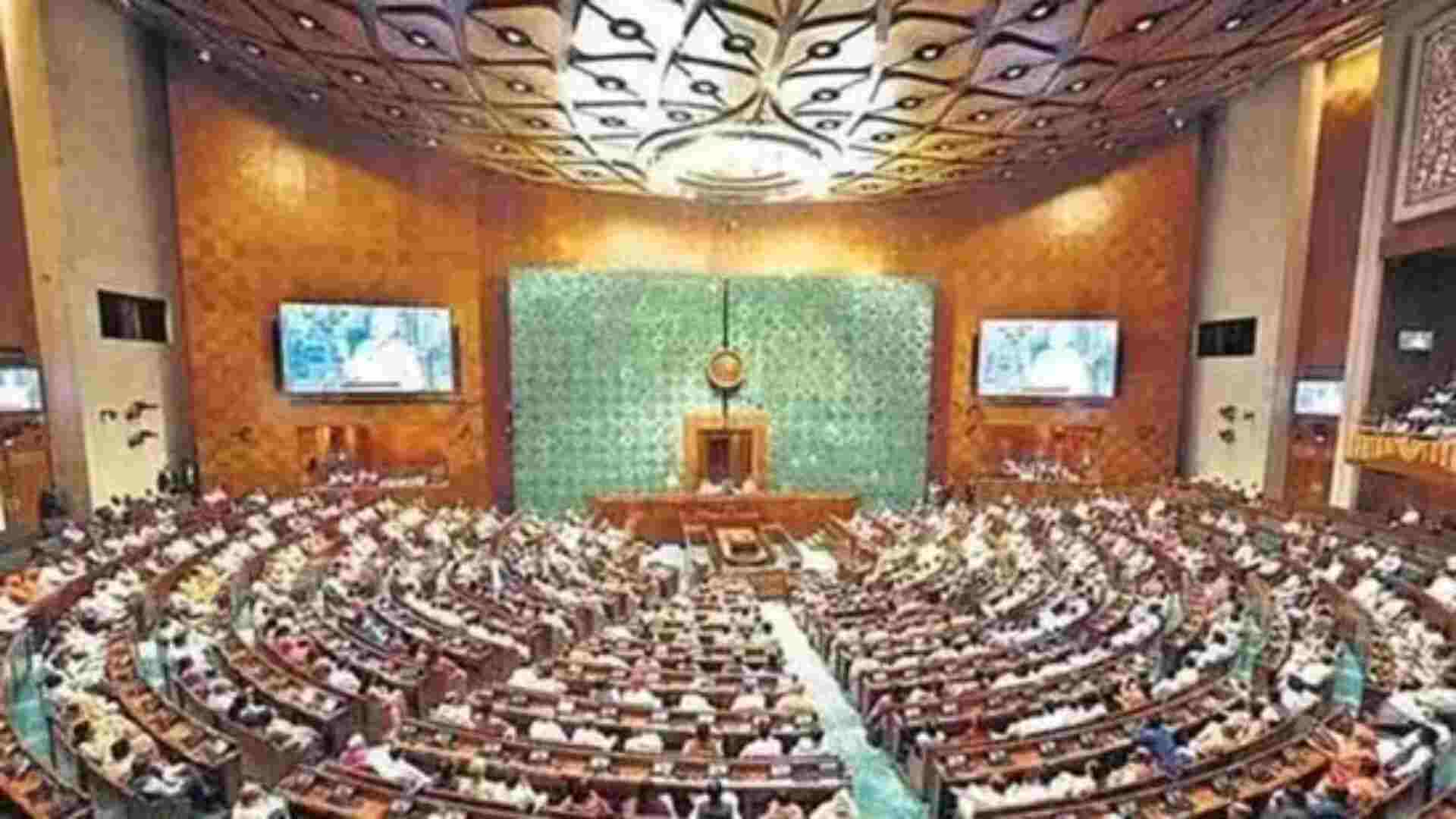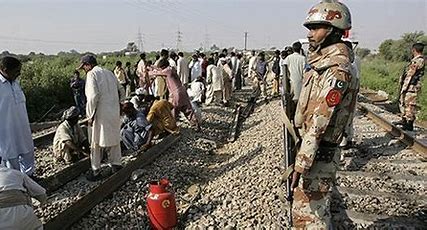
Israel’s recent prohibition of URWA (Universal Right to Work and Access), a framework providing vulnerable populations with access to essential services and employment, has ignited international concern. This policy, framed as a security measure, represents a troubling divergence from internationally upheld human rights norms and is likely to have far-reaching consequences.
Role of URWA and Humanitarian Focus
URWA’s mission is to uphold human rights by facilitating access to critical resources such as employment, healthcare, and education, particularly in areas with significant economic disparities. Its programs are a lifeline for communities affected by conflict, especially in places like Gaza and the West Bank, where socio-economic conditions are severely strained.
A Calculated Move or a Shortsighted Approach?
Israel’s rationale for the ban appears to be security-focused, with the argument that limiting URWA’s activities will help mitigate threats. However, critics counter that the restriction will likely increase tensions by depriving marginalized populations of essential resources. Denying access to jobs, healthcare, and education has historically proven to worsen security risks by deepening poverty, frustration, and hopelessness.
Legal Concerns and International Standards
The ban on URWA raises substantial concerns under international law, as it may conflict with multiple human rights agreements:
Universal Declaration of Human Rights (UDHR): Adopted in 1948, the UDHR asserts that individuals have a right to work, secure a livelihood, and access social protections. Israel’s prohibition of URWA programs denies these basic rights to Palestinians, which is inconsistent with its obligations as a United Nations member.
International Covenant on Economic, Social, and Cultural Rights (ICESCR): Ratified by over 170 nations, this covenant guarantees the right to dignified employment, fair wages, and a sustainable living standard. By banning URWA, Israel is impeding these rights for Palestinians, raising questions about its adherence to this covenant.
Geneva Conventions: As an occupying power, Israel is legally obligated to ensure the welfare of civilians under its control, including access to essential resources. Blocking URWA’s efforts may constitute a breach of these obligations.
For Palestinian populations, the loss of URWA services is already creating severe hardships. Unemployment rates in Gaza and the West Bank are among the world’s highest, and this restriction further exacerbates the economic crisis. Without access to stable jobs, healthcare, and education, countless families face an uncertain future, relying solely on limited humanitarian aid to survive. Yet, sustainable solutions require economic empowerment, not dependency.
Risks of Banning URWA: Worsening Instability
Israel’s decision to block URWA may appear to address immediate security concerns, but in the long term, it risks inflaming an already volatile situation. This action stirs resentment, deepens mistrust, and disrupts any possibility of lasting peace. Marginalizing entire communities intensifies socio-political pressures and leaves the region more vulnerable to unrest. Calls for Israel to reverse this stance have been made by global leaders, including voices from the European Union and United Nations, who emphasize that true security cannot come at the cost of human rights.
Diplomatic and Economic Repercussions
Internationally, the ban has impacted Israel’s diplomatic relationships, particularly with Western allies for whom human rights are integral to foreign policy. The European Union, United Nations, and North American nations have raised concerns, with continued inflexibility potentially leading to diplomatic isolation. Public opinion is shifting, especially in regions with strong support for humanitarian values, which may impact Israel’s economic partnerships as well. Calls for boycotts, divestments, and sanctions from sectors that prioritize ethical practices are becoming louder, potentially affecting Israel’s trade and investment opportunities, particularly with private sectors in Europe and North America.
Regional Security and Stability
Restricting URWA not only impacts Palestinians but also jeopardizes regional stability. Blocking access to basic resources fosters poverty, unrest, and desperation—conditions that can contribute to radicalization. This move risks escalating tensions in neighboring Arab countries, complicating the broader geopolitical landscape and affecting long-term peace efforts in the Middle East.
Israel’s stance has caught the attention of international bodies such as the UN Human Rights Council, potentially resulting in further investigations, sanctions, or resolutions. This lack of alignment with international standards risks undermining Israel’s influence within these organizations, complicating future diplomatic efforts.
Global Public Opinion: Shifting Perspectives
Public sentiment increasingly favors Palestinian rights, with awareness of hardships amplified by the URWA ban. In democratic nations worldwide, advocacy groups are pushing for action, while public opinion shifts toward stronger support for humanitarian principles. Israel’s policy risks alienating the next generation of global leaders and citizens, impacting its ability to maintain positive international relationships in the future.
Conclusion: A Path Forward
Israel’s URWA ban could prove to be a significant miscalculation, with wide-reaching diplomatic, economic, and humanitarian implications. Intended as a strategic measure, its broader impacts have unfolded as a risk to Israel’s reputation, partnerships, and stability. A reassessment is necessary—one that considers international law, human rights, and the stabilizing role of humanitarian aid. By embracing a policy that aligns security with humanitarian commitments, Israel can support regional and global stability while maintaining its own interests in the long run.
Israel’s approach, though strategic in its intent, misses the mark in fostering sustainable peace. Allowing URWA’s essential services to resume would signal a recognition that security and human rights can coexist, fostering trust and stability. For the sake of peace and human dignity, Israel would benefit from reconsidering its stance on URWA to support those most in need.

